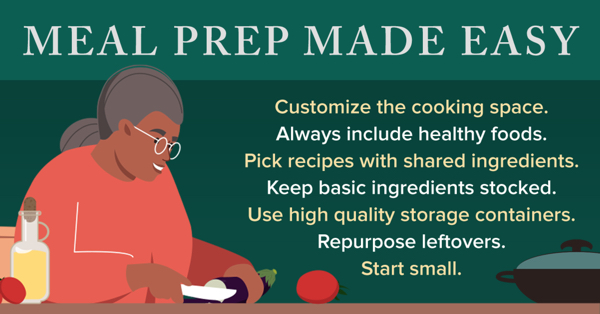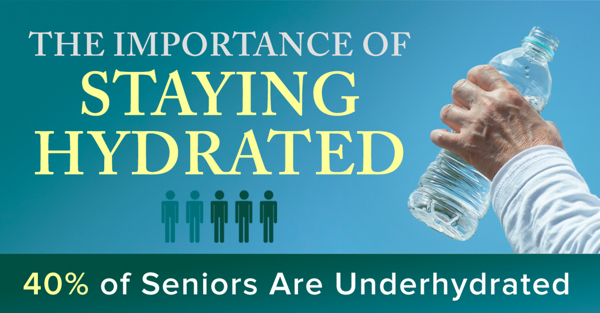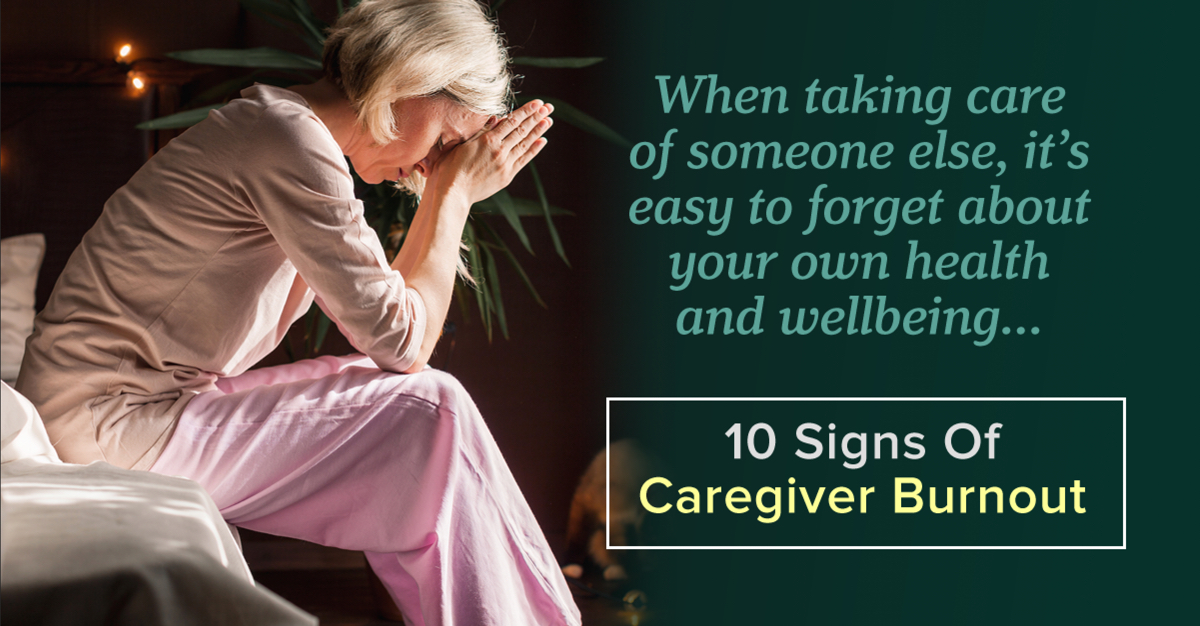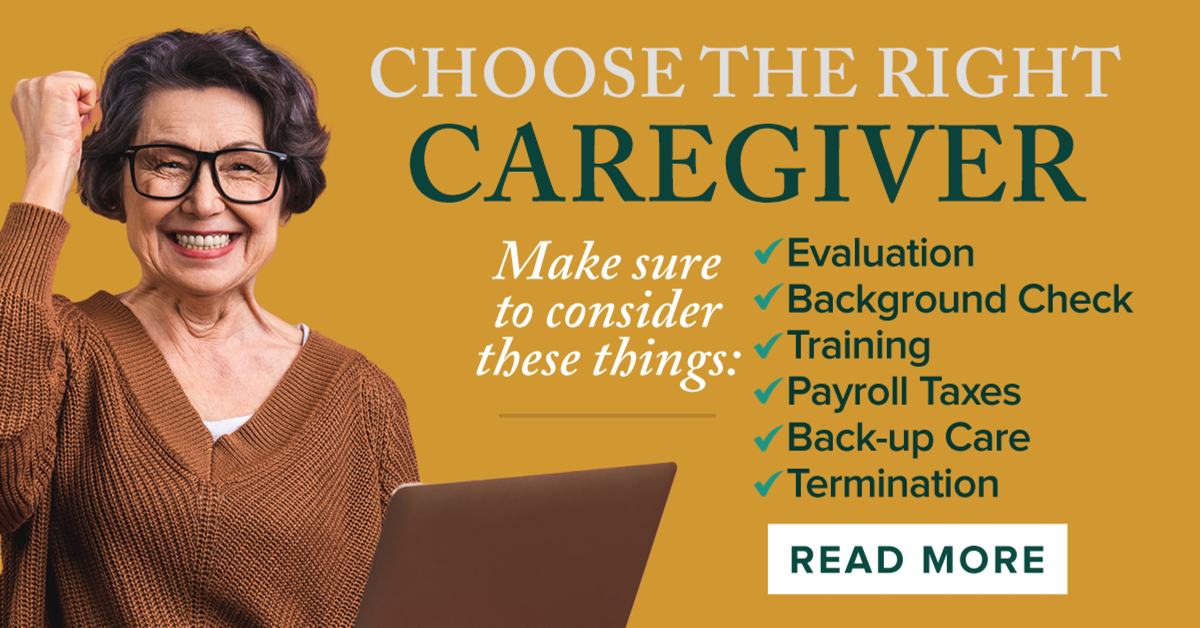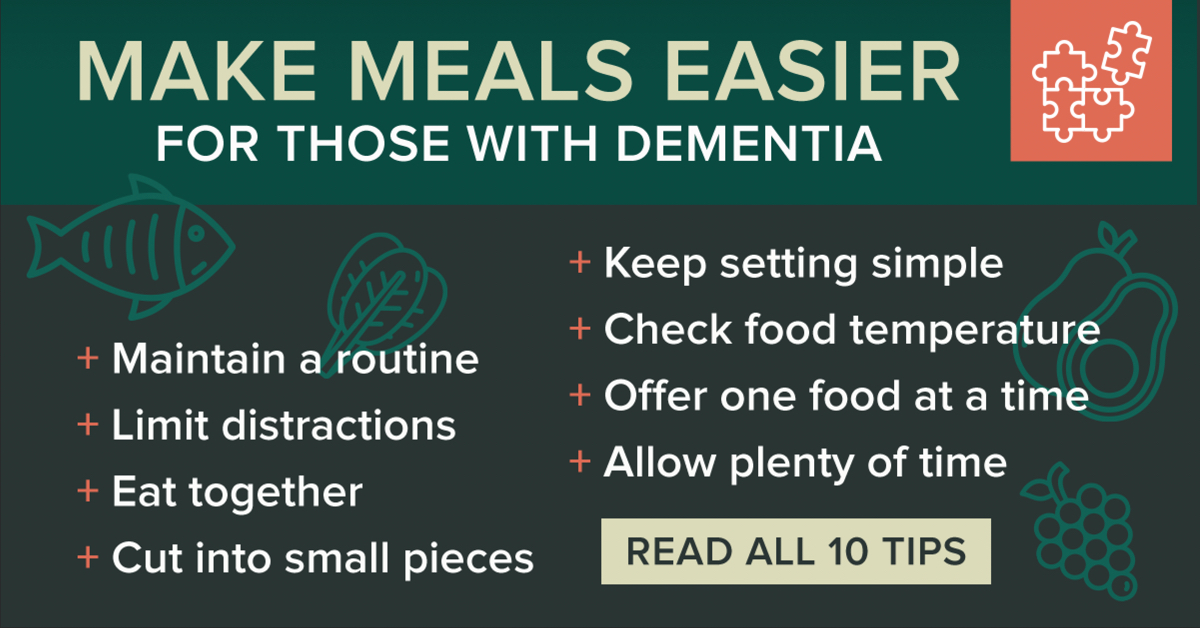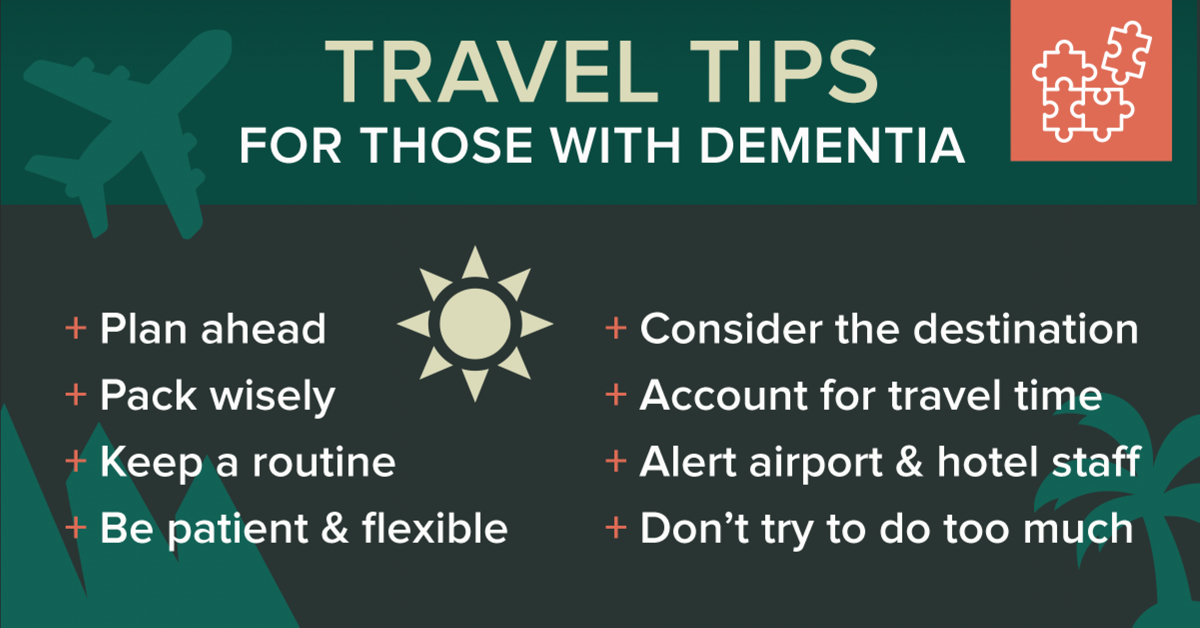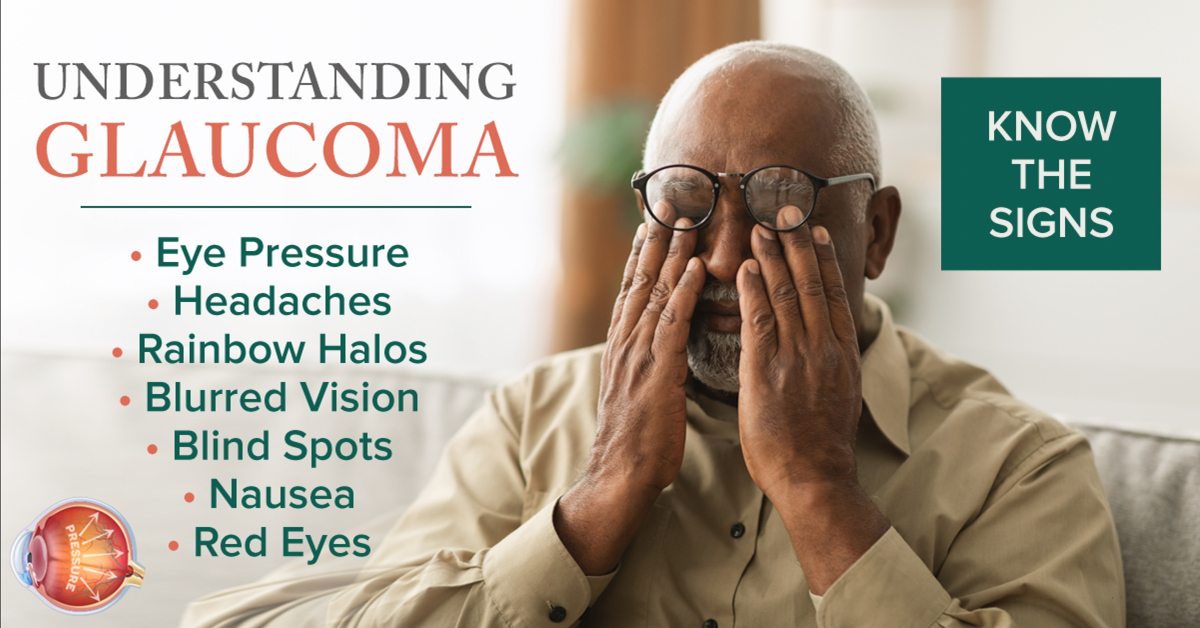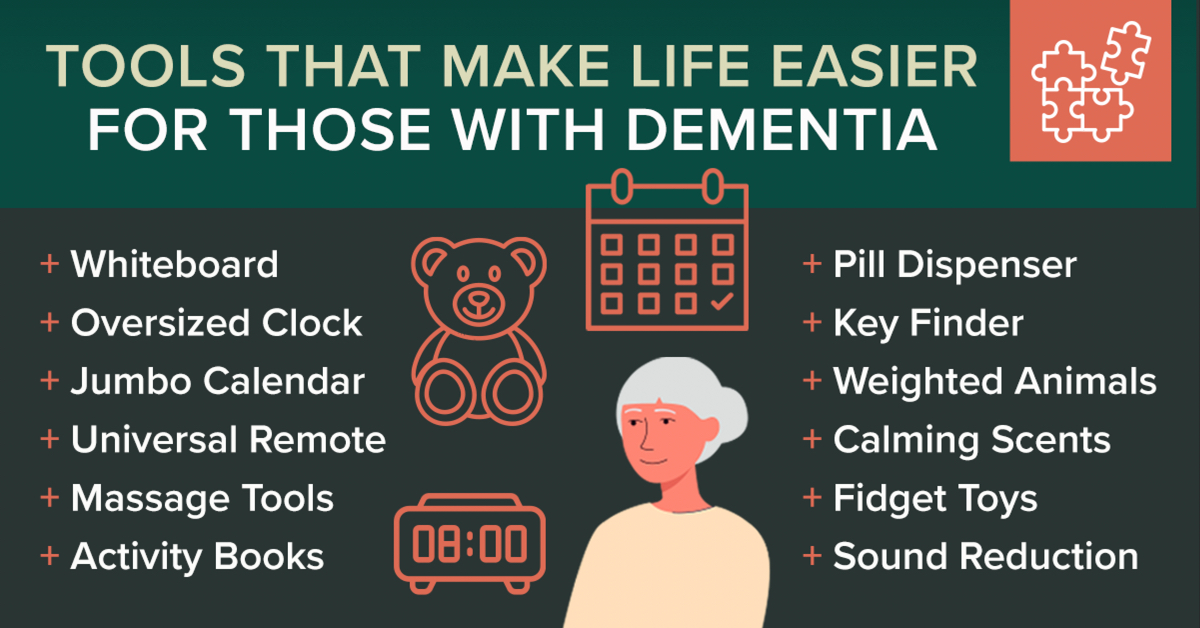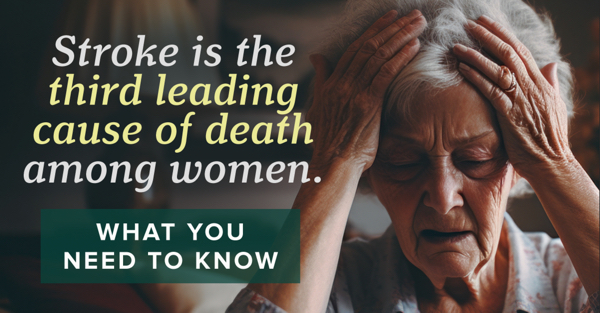During a recent visit with your mom, you noticed that she let others do the cooking – which is unusual, because she’s always loved preparing family meals.
Has she lost interest?
Is she having trouble remembering or reading the recipes?
Is arthritis limiting her ability to pick up heavy pots and pans?
What does she do when others aren’t there to help? Are her meals healthy or just convenient?
“There could be many factors at play”” said Austin Blilie, Chief Operating Officer at Tudor Oaks Home Care’s parent organization, ABHM. “We know that, for some of our clients, cooking just isn’t fun anymore – especially if they live alone and are just cooking for themselves. For others, limited mobility, cognitive decline and worsening vision can make it more difficult to put a healthy meal on the table and clean up afterward.”
Advanced meal preparation is one way to make mealtime easier for aging loved ones and their caregivers. It also promotes healthy eating habits and reduces the amount of wasted food.
Here are a few tips to make meal prep easier. Continue reading Meal Prep Made Easy
